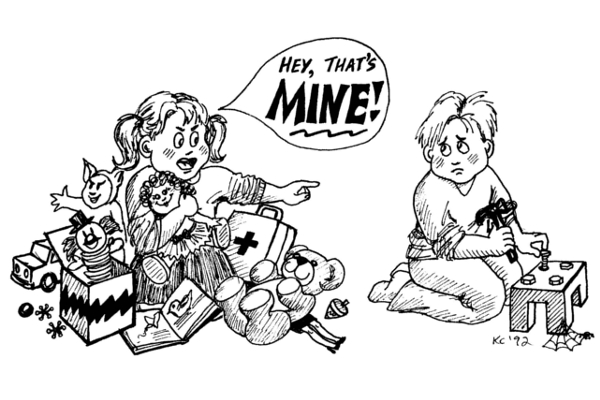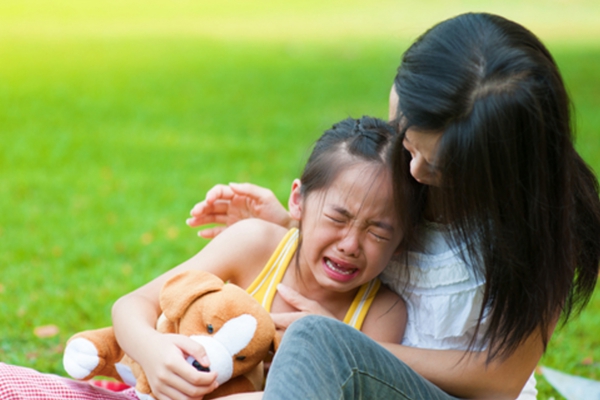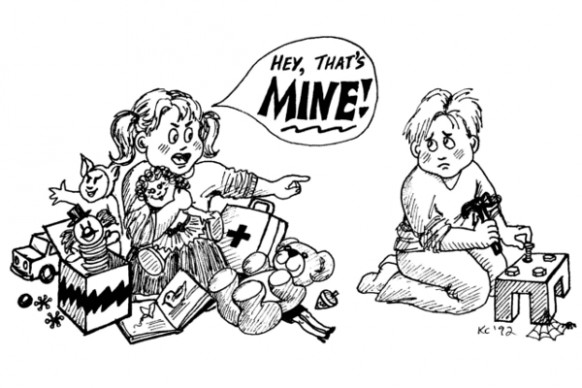Parenting mistakes which promote materialistic behavior in children
Published by SchoolAdvisor | Dec 17, 2014Children who are reward with material goods from their parents will likely continue rewarding themselves with material goods when they grow up into adults.

Marsha Richins, a Myron Watkins distinguished professor of marketing in the Robert J. Trulaske, Sr. College of Business at Muhas conducted a research which suggests that children who receive many material rewards from their parents will likely continue rewarding themselves with material goods when they grow up into adults. This may prove problematic as materialistic children on average are more likely to believe that success in life is defined by the quality and number of material goods an individual owns or that acquiring certain products will make them more attractive.
According to Richins, adults who define themselves or others by their possessions are at a much higher risk for marital problems, gambling, financial debt and decreased well-being. Materialism also contributes to environmental degradation due to over consumption and waste of goods.
It's time to re-assess our behavior as parents to ensure our children grow up into happy and fulfilled adults. Richins suggest that we curb these actions:
1. Material rewards for being good

Always rewarding children with gifts when they have accomplished something, such as making the soccer team or getting straight As could discourage children from behaving well for the sake of behaving. It could also cause them to feel disheartened when their good deeds are not returned in favor.
2. I love you, here is proof

Giving gifts as the only way to show affection would tie the child's self esteem to possession. Thus, they might become vulnerable to a similar show of endearment by other people with predatory intent and feel as if they are uncared for when not rewarded with anything.
3. Punishing children by taking away their possessions

By denying them their favorite toy or video game each time your child does something wrong, you instill in them the idea that their playthings are worth a lot. They also might grow up vindictive or bearing grudges.
Children who felt that their parents either did not have time for them or were disappointed in them were more likely to be materialistic.
"It's OK to want to buy things for your children, but remember to encourage them to be grateful for all the people and things they have in their lives," said Chaplin who co-worked with Richins in the study. "Each time children express their gratitude, they become more aware of how fortunate they are, which paves the way for them to be more generous and less materialistic. Spend time with your children and model warmth, gratitude and generosity to help curb materialism."
Don’t forget to LIKE us on Facebook and receive updates and consultation on all matters related to Private and International schools in Malaysia.
RELATED ARTICLES
Toy Story: It's a Season of GivingIntroducing Your Children to Rock MusicThe benefits of a holistic co-curricular programme for your child
Recent Articles
- Beaconhouse Gasing Preschool: Leading Transformation with IEYC Curriculum Introduction
- BSKL and Charterhouse Grad Scores Dream Spot at New York University
- Leannie Liew’s Journey at Cempaka International School: Pushing Boundaries and Discovering Potential
- VOX ISKL: Leveraging Language Learning
- From elc to Harvard: Thamini Vijeyasingam’s Journey to Ivy League Excellence







 Login with Google
Login with Google